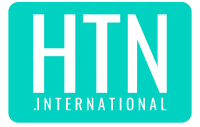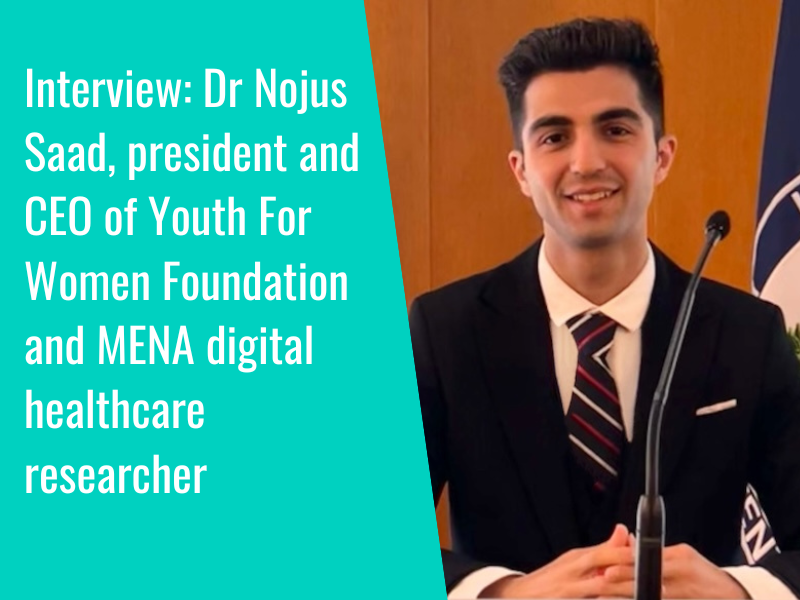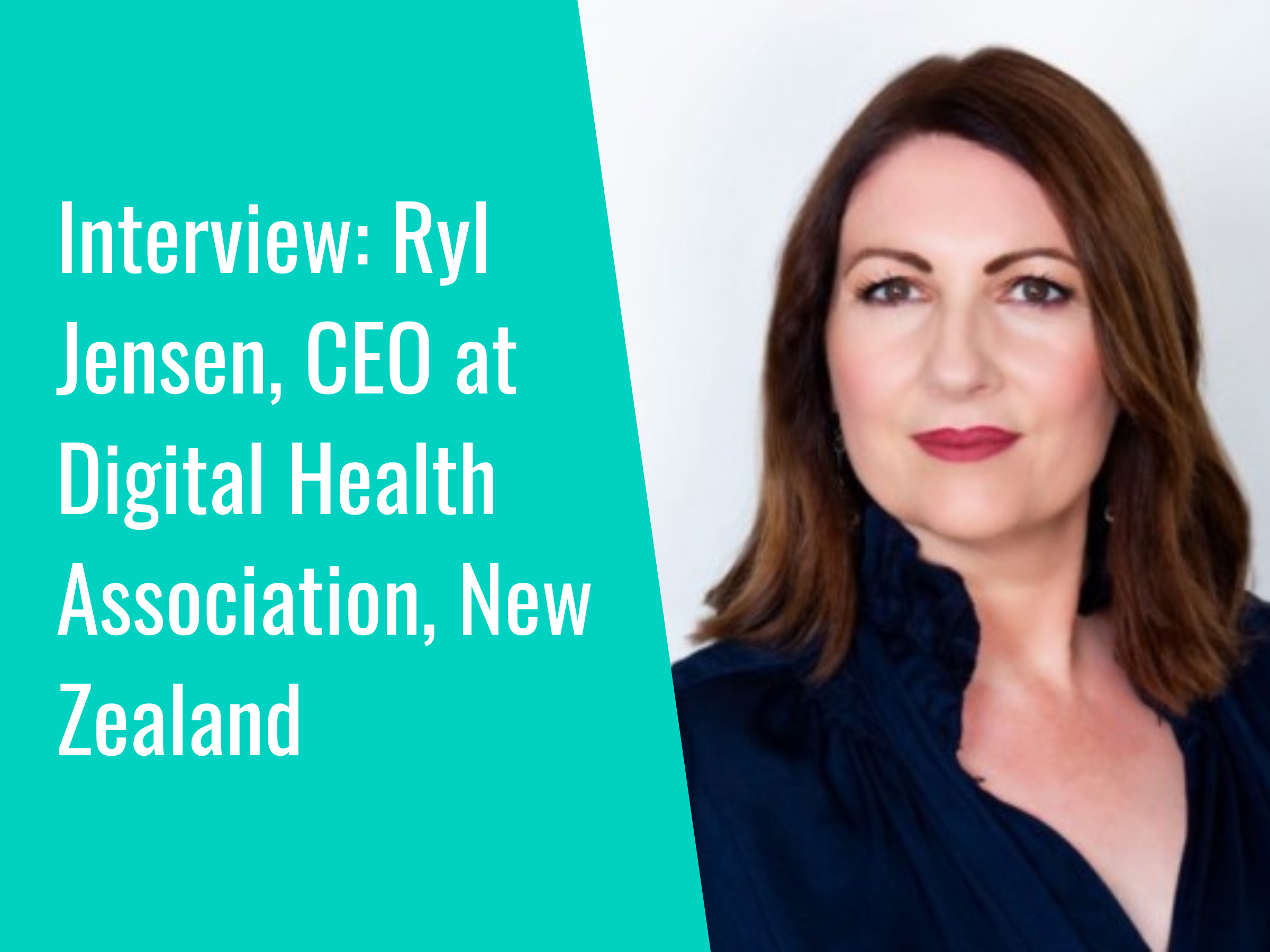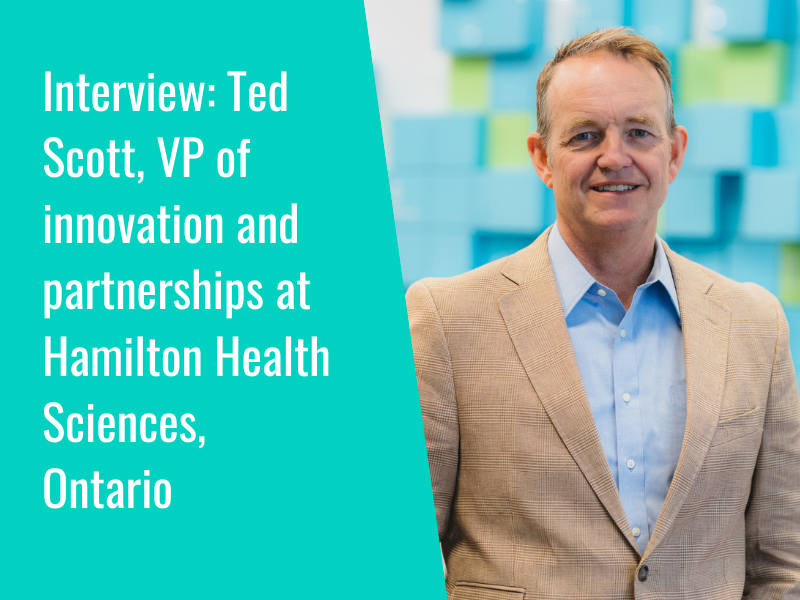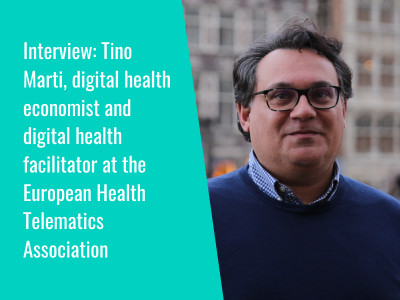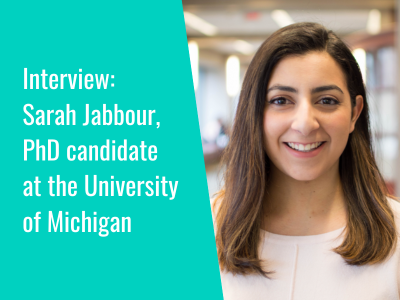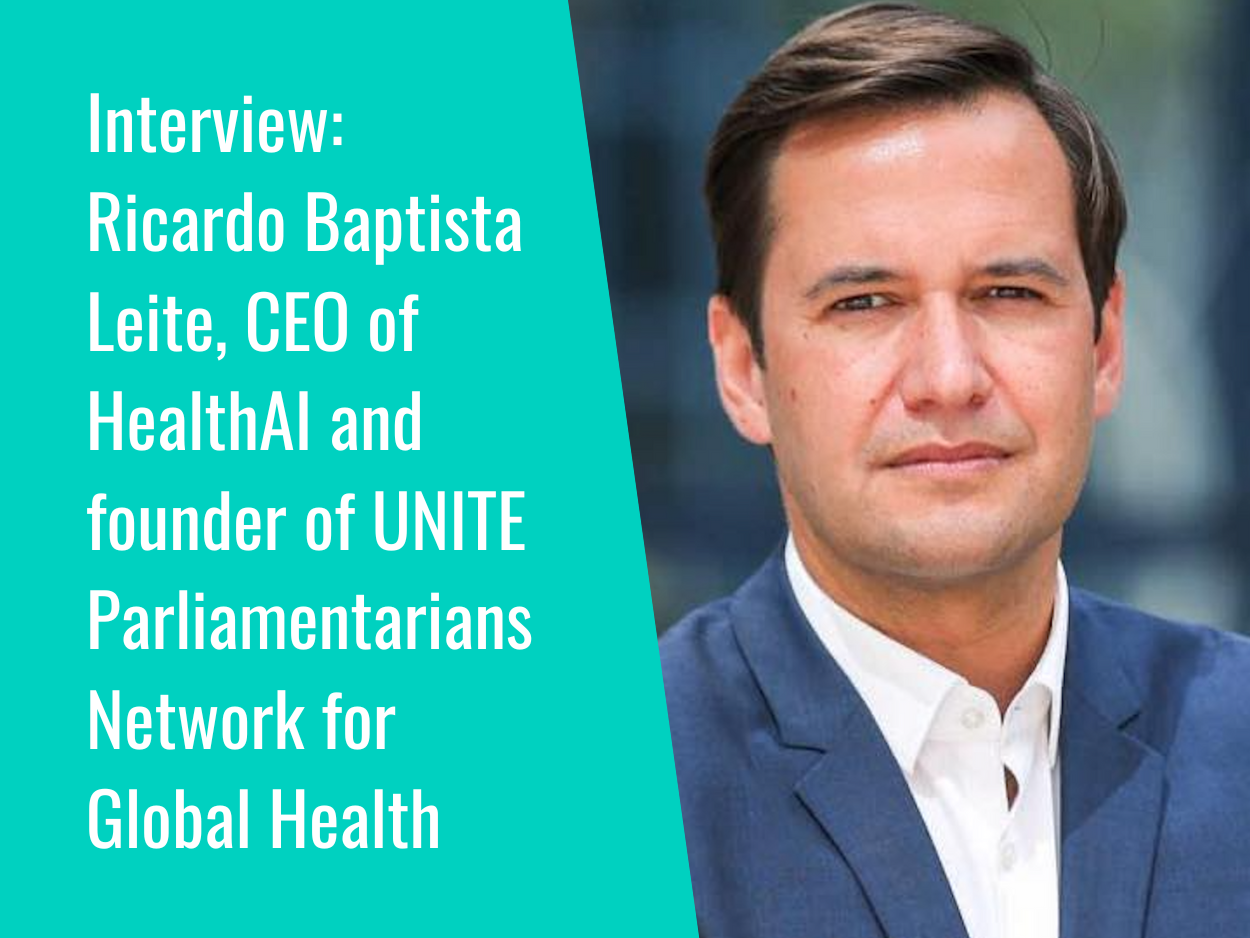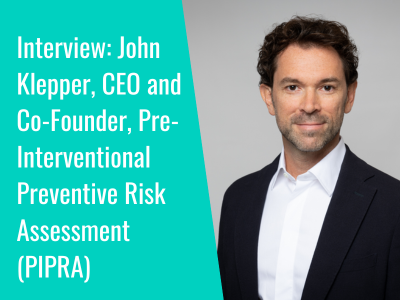The World Health Organisation has announced the launch of S.A.R.A.H (Smart AI Resource Assistant for Health), described as a “digital health promoter prototype with enhanced empathetic response powered by generative artificial intelligence”.
S.A.R.A.H. has been trained to provide information across “major health topics” such as mental health and healthy habits, with the aim of helping people to optimise their health and wellbeing journey. It is capable of engaging with users 24 hours a day in eight different languages, reportedly on any device, and is powered by generative AI to help “provide more accurate responses in real-time” and “engage in dynamic personalized conversations at scale that more accurately mirror human interactions and provided nuanced, empathetic responses”.
WHO states that the tool can “support people in developing better understanding of risk factors for some of the leading causes of death in the world, including cancer, heart disease, lung disease, and diabetes.”
WHO Director-General Dr Tedros Adhanom Ghebreyesus comments that “the future of health is digital, and supporting countries to harness the power of digital technologies for health is a priority for WHO. S.A.R.A.H. gives us a glimpse of how artificial intelligence could be used in future to improve access to health information in a more interactive way. I call on the research community to help us continue to explore how this technology could narrow inequities and help people access up-to-date, reliable health information.”
In other news from WHO, Papua New Guinea has reportedly become the first country to adopt the regional WHO Data Management Competency Framework, which aims to “equip the health workforce with essential skills for data management, analysis, and quality assessments”. Click here to read more.
Last month, we also highlighted WHO’s launch of its Global Initiative on Digital Health, which focuses on aligning resources for country-led digital health transformation through “strengthened collaboration and knowledge exchange” along with supporting the implementation of the Global Strategy on Digital Health 2020-2025.
- 1
- 2
